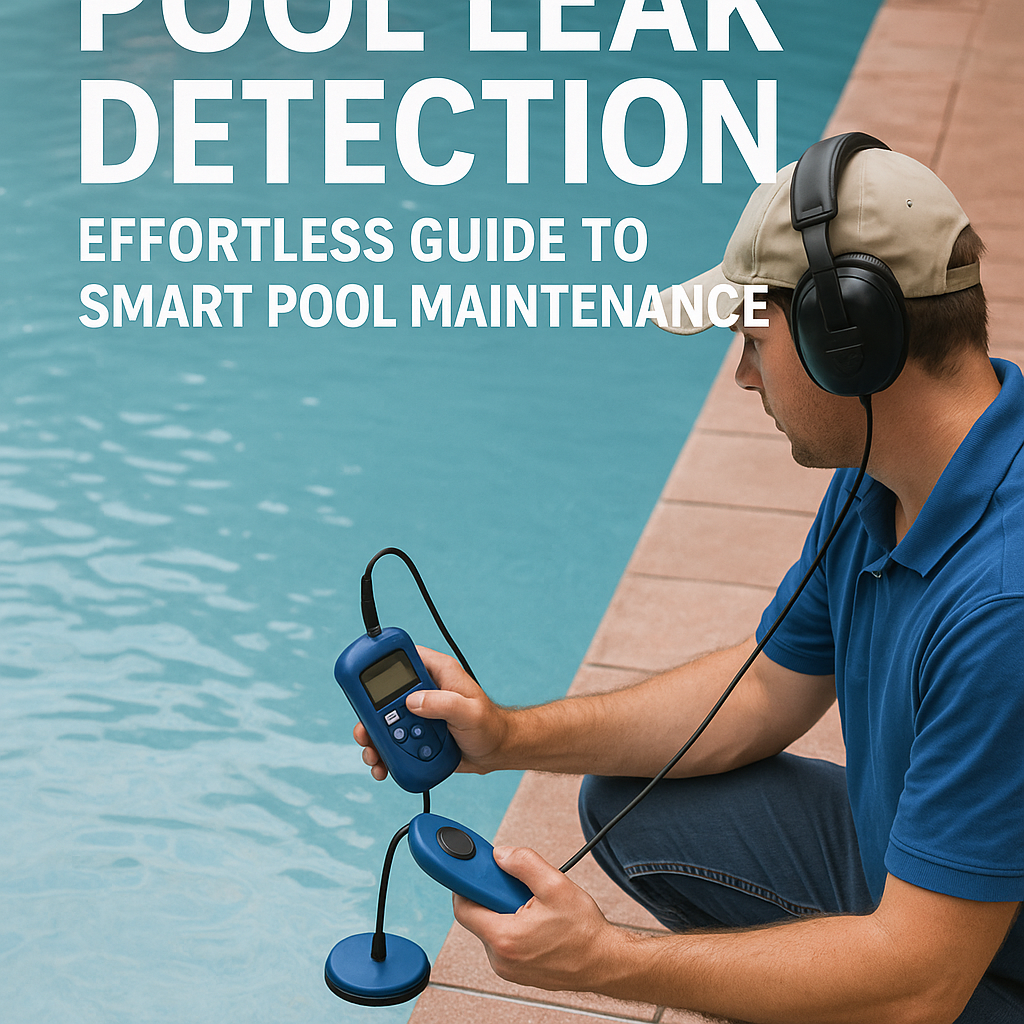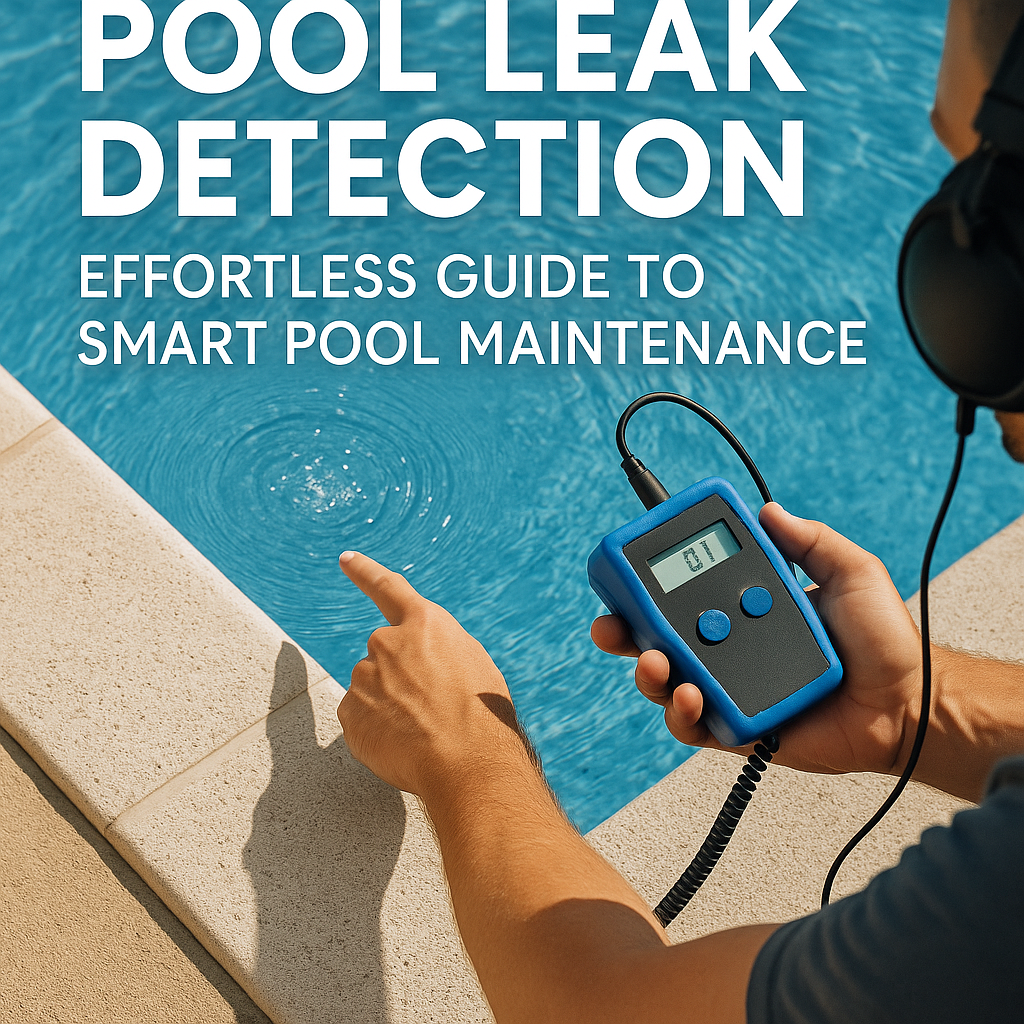Pool leak detection is an integrity-checking practice that is part of smart pool maintenance. Boasting the perfect summer accessory, a pool offers both fun and relaxation for family and friends. However, keeping it in good shape requires regular checks for leaks and, if found, swift pool leak repair. Proper pool leak detection and repair are pivotal processes in ensuring that your pool maintains its functionality and aesthetic appeal, as well as guaranteeing the safety of its users.
Understanding the Importance of Pool Leak Detection

When it comes to pool leak detection, the risk of undetected leaks can expose both your pool and the surrounding area to substantial damage. A leak can lead to the loss of both water and costly conditioning chemicals, increasing your operational costs over time. Furthermore, leaking water can cause soil erosion around and under the pool affecting the foundation.
Undetected leaks can lead to more significant, and often costlier problems, such as structural weakness, liner failure, or pump and equipment malfunctions. These issues underline why regular and efficient pool leak detection should be an integral part of the pool maintenance routine.
Spotting the Signs of a Pool Leak
One of the initial steps in pool leak detection is knowing the signs of a potential leak. A clear indication of a pool leak is unexplained water loss. Take note if you’re noticing the need to continually refill your pool outside the typical evaporation loss, which stands at about a 1/4 inch of water per day during the summer.
Another sign to look out for is an abnormally high water bill, as this could indicate a continuous leak. Stains or cracks in the pool shell, damp spots around the pool, or the growth of grass or plants near the pool than elsewhere in your yard can also be potential leak indicators.
Techniques for Pool Leak Detection
Once you suspect a leak, it’s time to confirm. One popular method is the bucket test. Fill a bucket with pool water to about 1 inch from the top, then float it in the pool. After 24 hours, compare the water loss in the bucket to that in the pool. If the pool loses more water than the bucket, you likely have a leak.
Alternatively, you can use a dye test. First, fill the pool to its normal level and shut off the pump. After the water settles, take a small, brightly-colored dye and release it near where you suspect the leak. Watch to see if the dye is sucked towards the leak.
Remember, precision is key with pool leak detection, and patience is your friend here. Complex leaks may require a professional pool leak detection service, which uses advanced methods like pressure testing and electronic detection.
Proactive Pool Leak Repair
Once a leak is detected, it’s crucial to move swiftly towards pool leak repair. The type of repair process depends on the location and size of the leak. Small leaks in vinyl liners or cracks in concrete pools can often be patched with simple kits available at pool supply stores. However, larger leaks or those in complex areas like plumbing systems should be left to professionals to avoid further damage or complicated problems in the future.
Routine Pool Maintenance
Ultimately, proactive and routine pool maintenance is the key to preventing major leaks and, subsequently, costly repairs. Regular pool maintenance ensures clean, balanced, and safe water, extending the life of your pool. It could include brushing and vacuuming the pool, checking its chemistry, inspecting the pumps and filters, and, importantly, checking for signs of leaks regularly.
In Conclusion
In a nutshell, pool leak detection is instrumental in preserving the health and longevity of your pool. It’s a component of smart pool maintenance that can save you a considerable amount of frustration, time, and money in the future. Whether you opt for DIY pool leak detection techniques or hire professionals, remember the goal is to ensure your pool remains a safe and enjoyable oasis for everyone to relish in the long term.


